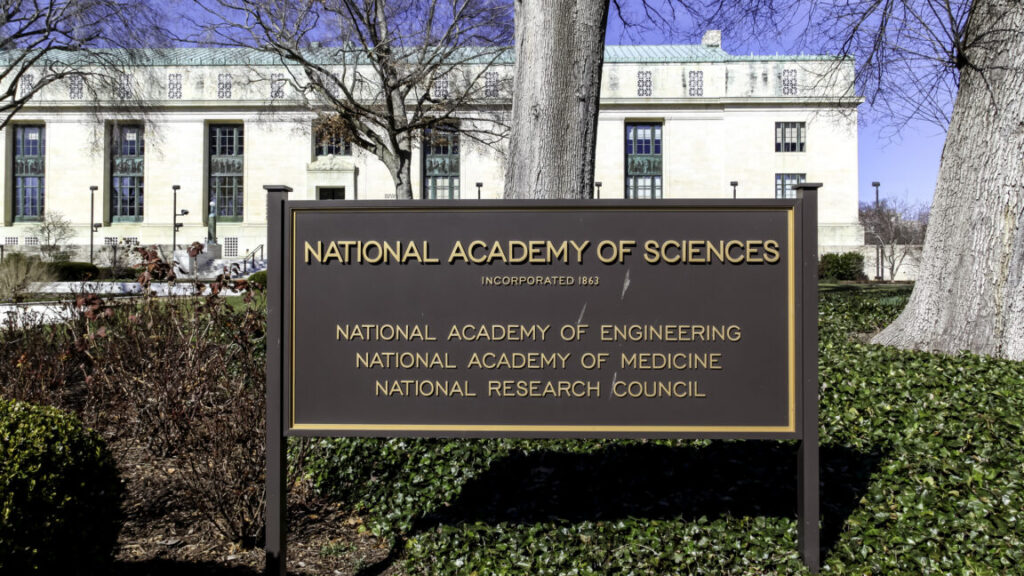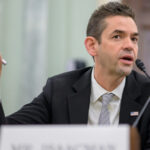All of which would seem to call for the leadership of US science organizations to press the case for the importance of science funding to the US, and highlight the damage that these cuts would cause. But, if yesterday’s National Academies event is anything to judge by, the leadership is not especially interested.
Altered states
As the nation’s premier science organization, and one that performs lots of analyses for the government, the National Academies would seem to be in a position to have its concerns taken seriously by members of Congress. And, given that the present and future of science in the US is being set by policy choices, a meeting entitled the State of the Science would seem like the obvious place to address those concerns.
If so, it was not obvious to Marcia McNutt, the president of the NAS, who gave the presentation. She made some oblique references to current problems, saying, that “We are embarking on a radical new experiment in what conditions promote science leadership, with the US being the treatment group, and China as the control,” and acknowledged that “uncertainties over the science budgets for next year, coupled with cancellations of billions of dollars of already hard-won research grants, is causing an exodus of researchers.”
But her primary focus was on the trends that have been operative in science funding and policy leading up to but excluding the second Trump administration. McNutt suggested this was needed to look beyond the next four years. However, that ignores the obvious fact that US science will be fundamentally different if the Trump administration can follow through on its plans and policies; the trends that have been present for the last two decades will be irrelevant.
She was also remarkably selective about her avoidance of discussing Trump administration priorities. After noting that faculty surveys have suggested they spend roughly 40 percent of their time handling regulatory requirements, she twice mentioned that the administration’s anti-regulatory stance could be a net positive here (once calling it “an opportunity to help”). Yet she neglected to note that many of the abandoned regulations represent a retreat from science-driven policy.


